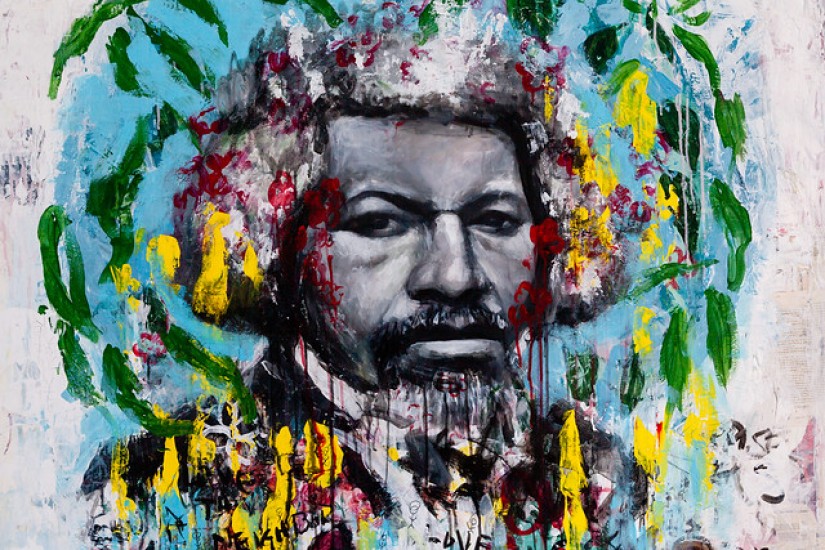Blight’s chief accomplishment may be the way he exposes the radical nature of much of Douglass’s life and work. He makes us feel not only the power of Douglass’s great intellect but also the exhaustion, perils, and sacrifices he made in order to dare to have a huge public life while being black. “My subject then is American slavery,” Douglass once said. Like Karl Marx, who was both capitalism’s most brilliant analyst and its most incisive critic, Douglass was the slavocracy’s steeliest interpreter and most powerful adversary. Douglass saw slavery as an epic evil battening on the nation, and from pulpits and auditoriums across the world he demanded that it be destroyed.
Slavery aims at absolute sway. […] It would drive out the schoolmaster and install the slave driver, burn the schoolhouse and install the whipping post, prohibit the Holy Bible and establish the bloody slave code, dishonor free labor with its hope of reward, and establish slave labor with its dread of the lash.
In a May 1857 address concerning the Supreme Court’s Dred Scott decision, Douglass offered up what Blight calls “a political prayer delivered by a prophet summoning God to the aid of history.” Invoking the promise of the laws of nature and the intervention of a just God, he ended his speech with an open call for violence by reciting lines from his own poem “The Tyrant’s Jubilee.”
